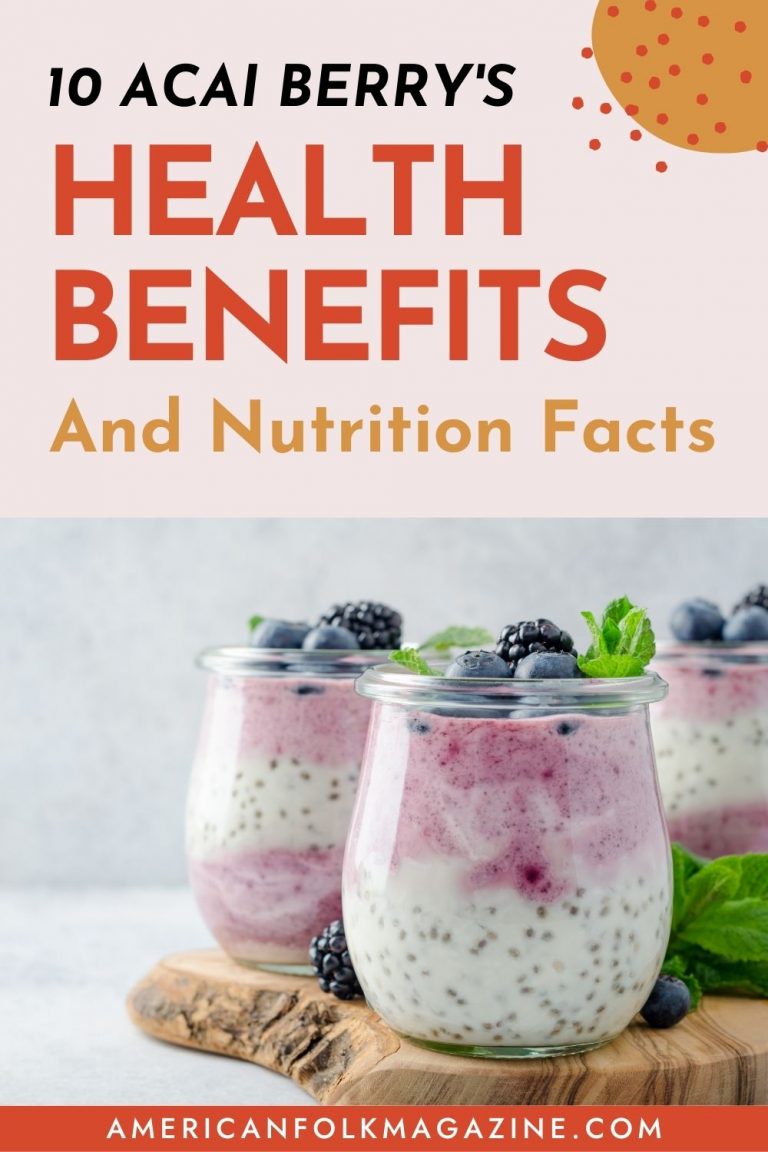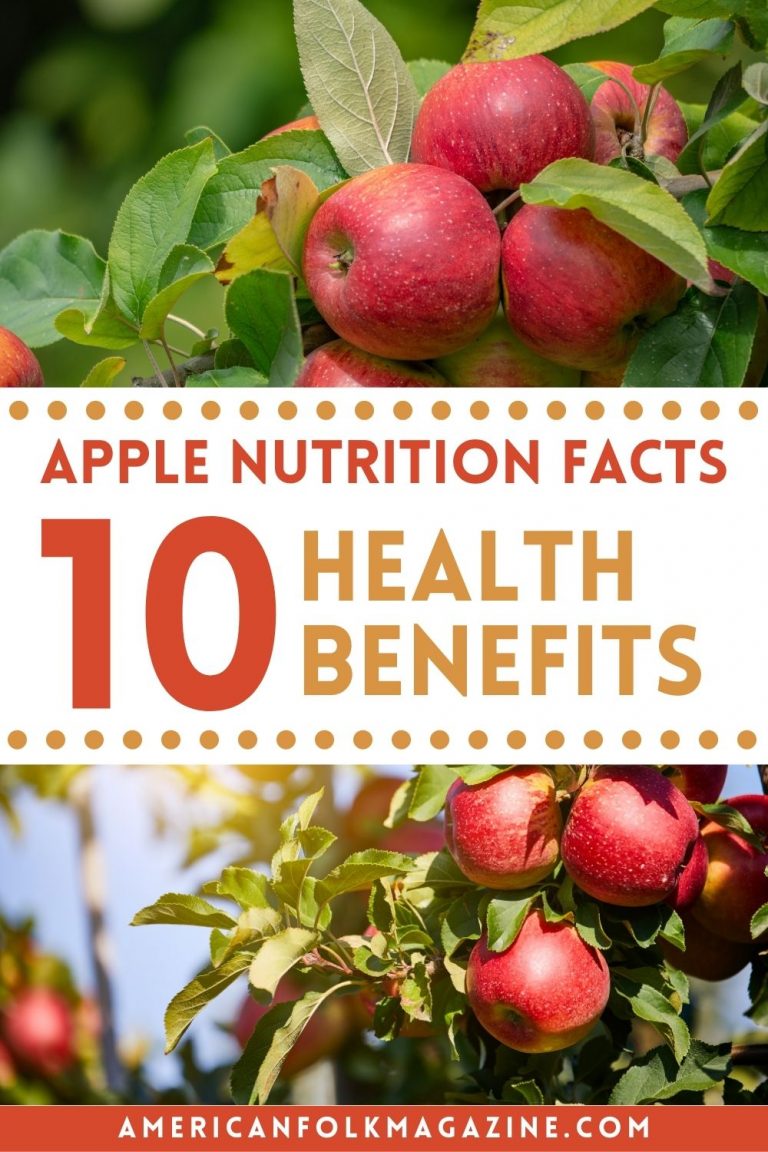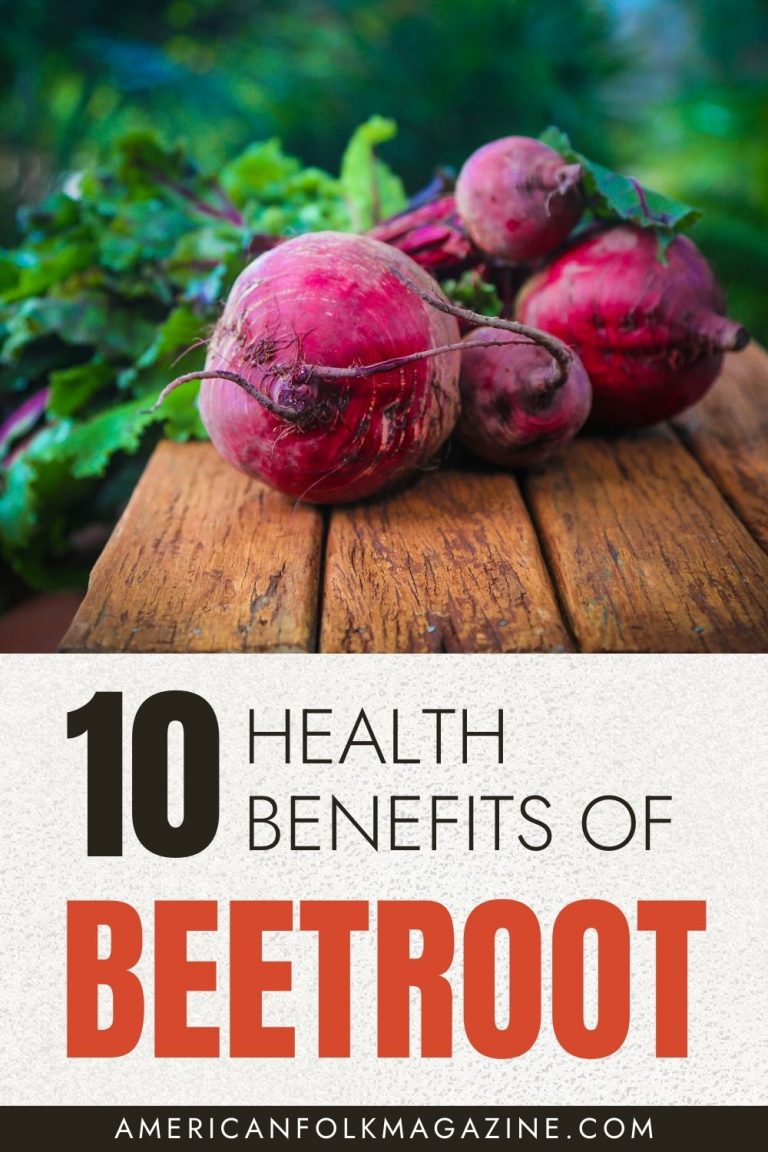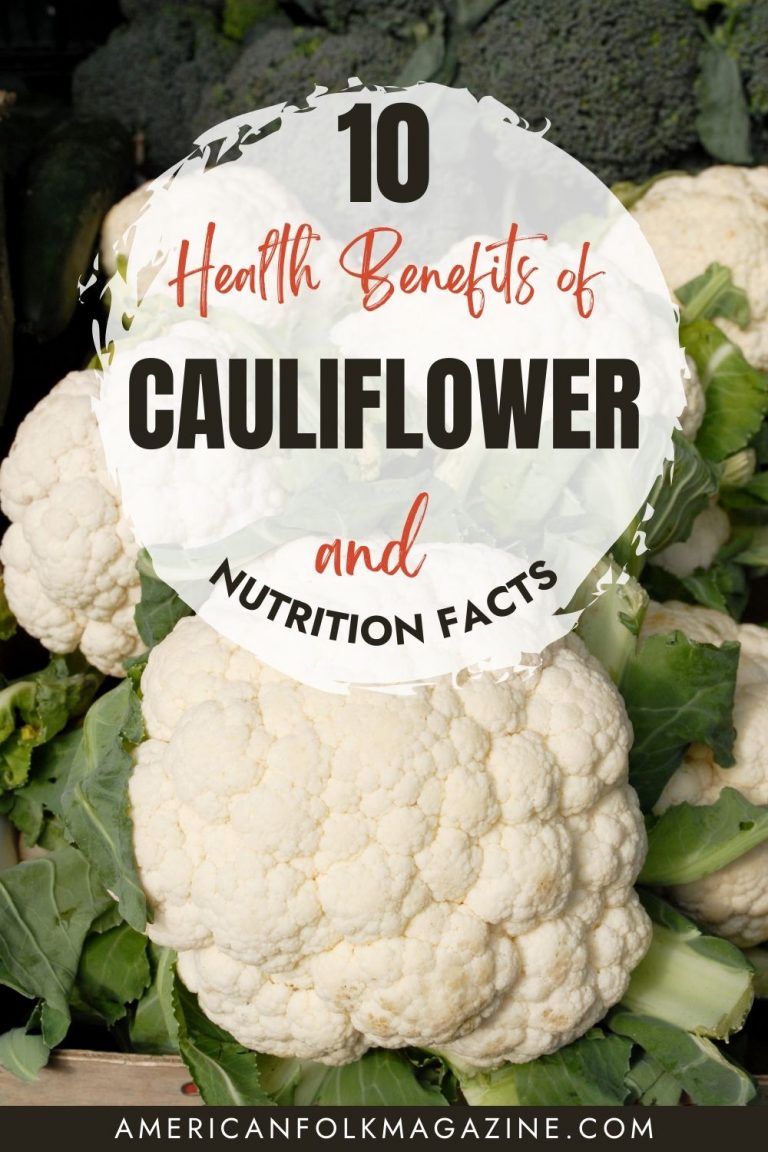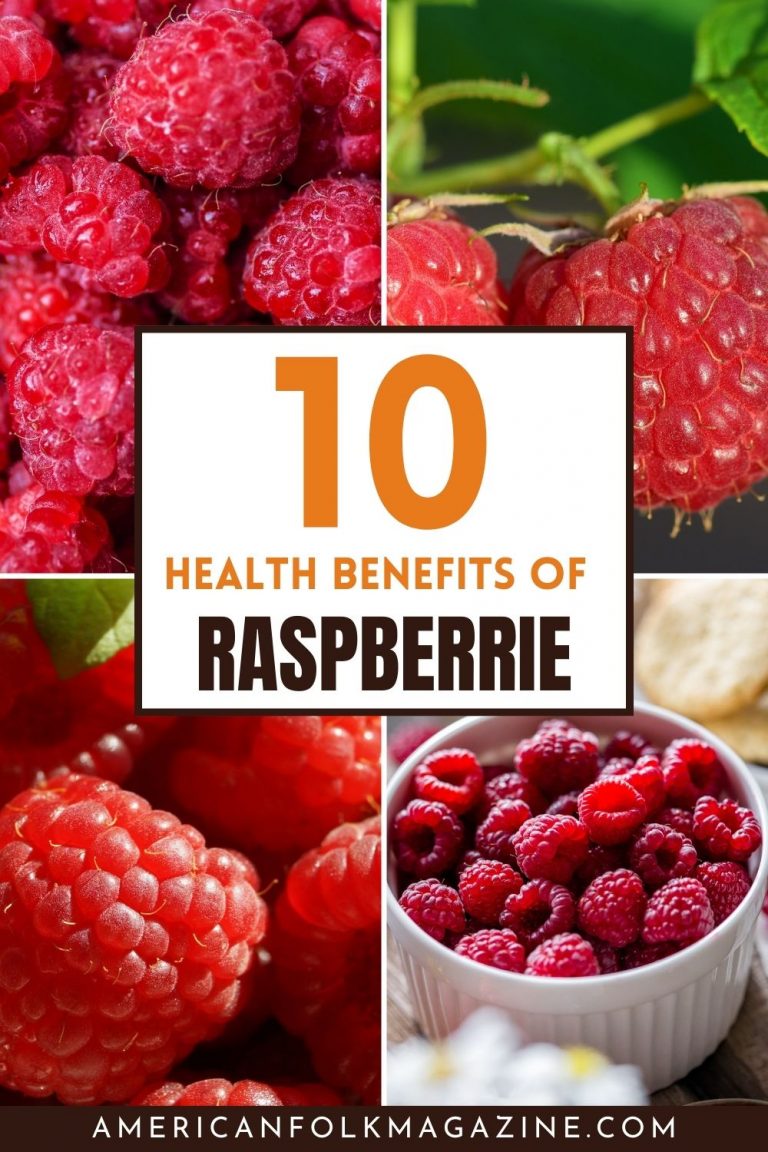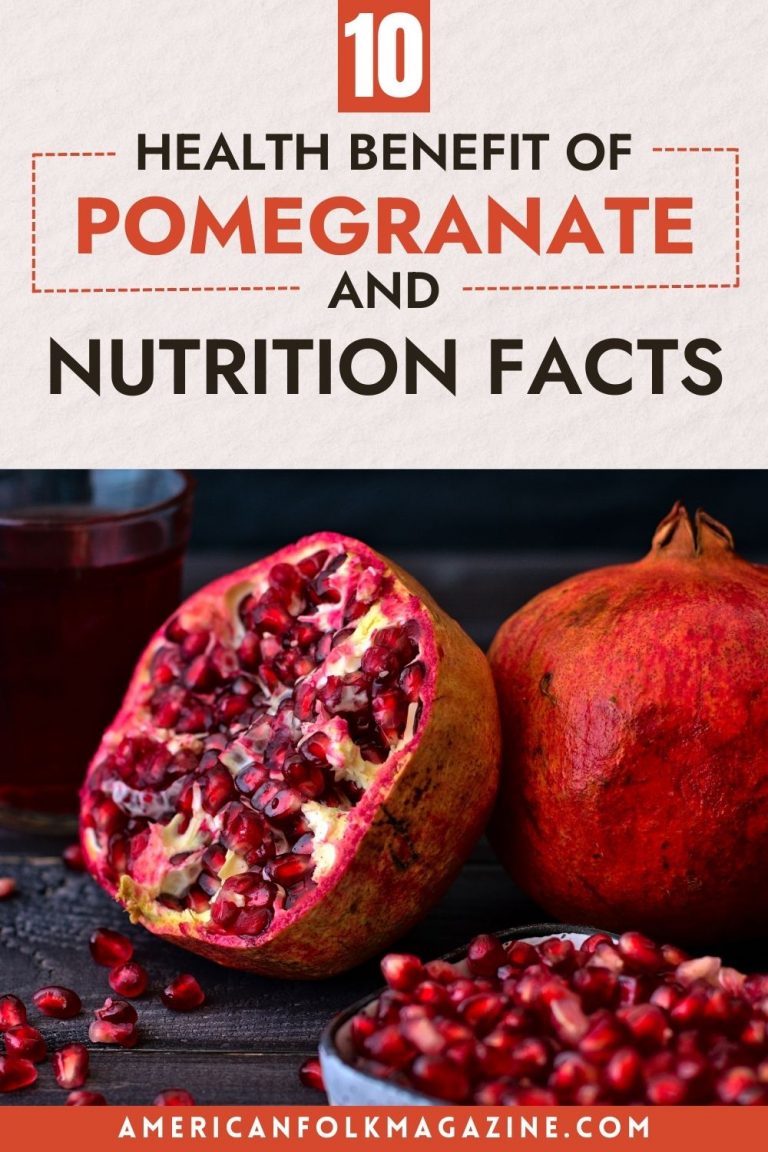Cabbage, a leafy green or purple plant, is a cruciferous vegetable that is closely related to broccoli, cauliflower, and Brussels sprouts. This humble vegetable is packed with nutrients and is a staple in many cuisines around the world.
From coleslaw to sauerkraut, cabbage is versatile and can be enjoyed in various forms. But what makes cabbage a must-have in your diet? Let’s dive into the nutritional facts and discover the 10 amazing health benefits of cabbage.
Nutritional Facts
Cabbage is not just a tasty addition to your meals; it’s a nutritional powerhouse. Here’s a table that breaks down the essential nutrients found in a single cup (89 grams) of raw green cabbage:
| Nutrient | Amount |
|---|---|
| Calories | 22 |
| Carbohydrates | 5.2g |
| Protein | 1.1g |
| Fat | 0.1g |
| Fiber | 2.2g |
| Vitamin K | 85.8mcg |
| Vitamin C | 32.6mg |
| Folate | 38.3mcg |
| Calcium | 35.6mg |
| Potassium | 151mg |
These numbers reveal that cabbage is low in calories but rich in vitamins and minerals, particularly Vitamin K and Vitamin C. It’s a fantastic source of fiber, too, making it a great addition to a healthy diet.
10 Health Benefits of Cabbage
1. Rich in Antioxidants
Cabbage is a treasure trove of antioxidants like vitamin C, beta-carotene, and polyphenols. These compounds neutralize harmful free radicals, protecting cells from damage and reducing the risk of chronic diseases. From eye health to a robust immune system, antioxidants in cabbage play a vital role.
2. Supports Digestive Health
The fiber content in cabbage aids digestion by adding bulk to the stools and promoting regular bowel movements. It also nourishes the good bacteria in the gut, fostering a healthy digestive environment. People suffering from digestive issues often find relief by including cabbage in their diet.
3. Promotes Heart Health
Cabbage contains substances that have been shown to lower bad LDL cholesterol levels, reducing the risk of heart diseases. The potassium in cabbage also helps regulate blood pressure, keeping the heart functioning smoothly. It’s like a gentle hug for your heart.
4. Anti-Inflammatory Properties
Chronic inflammation can lead to various health problems. Cabbage is rich in anti-inflammatory compounds that help reduce inflammation in the body. Whether it’s joint pain or inflammatory skin conditions, cabbage might be a natural remedy worth trying.
5. Boosts Immune System
Packed with vitamin C, cabbage strengthens the immune system, helping the body fight off infections. It’s like having a personal bodyguard against colds, flu, and other illnesses.
6. Aids in Weight Loss
Low in calories but high in nutrients and fiber, cabbage is an excellent food for those looking to shed some pounds. It fills you up without adding extra calories, making weight loss more manageable.
7. Improves Skin Health
The vitamins and antioxidants in cabbage promote healthy, glowing skin. It helps in skin hydration and elasticity, reducing signs of aging. Who knew that the secret to youthful skin could be found in a humble cabbage?
8. May Reduce Cancer Risk
Some studies have shown that the unique compounds in cabbage, such as sulforaphane, may reduce the risk of certain cancers. While more research is needed, including cabbage in a balanced diet might be a wise choice for overall health.
9. Supports Bone Health
Cabbage is a good source of vitamin K, essential for bone health. It helps in the absorption of calcium and the formation of strong bones, reducing the risk of osteoporosis.
10. Helps Control Blood Pressure
The potassium in cabbage helps balance sodium levels in the body, aiding in blood pressure control. It’s like a gentle hand on the heart, guiding it to beat calmly and steadily.
How to Incorporate Cabbage into Your Diet
Cabbage is versatile and can be enjoyed in numerous ways. Here are some creative and tasty ideas to get more of this nutritious vegetable into your meals:
- Salads with a Twist: Shred cabbage and mix it with colorful vegetables like carrots, bell peppers, and radishes. Add grilled chicken or tofu, and toss with a tangy vinaigrette made with olive oil, lemon juice, garlic, and herbs. Top with toasted nuts or seeds for crunch. This salad is not only visually appealing but also a balanced meal that’s perfect for lunch or dinner.
- Hearty Cabbage Soup: Create a nourishing soup by simmering chopped cabbage, potatoes, carrots, onions, and lean meat like chicken or turkey in a rich broth. Season with thyme, bay leaves, and black pepper. Serve hot with crusty bread for a comforting meal that warms the soul.
- Stuffed Cabbage Rolls: Blanch whole cabbage leaves and stuff them with a flavorful mixture of ground beef, cooked rice, diced tomatoes, onions, and spices like paprika and cumin. Roll them up, place in a baking dish, and cover with tomato sauce. Bake until tender and bubbling. These cabbage rolls are a satisfying main dish that’s sure to impress.
- Asian-Inspired Stir-Fry: Thinly slice cabbage and stir-fry with shrimp or tofu, sliced mushrooms, snow peas, and a sauce made from soy sauce, ginger, garlic, and a touch of honey. Serve over steamed rice or noodles for a quick and tasty weeknight dinner that’s packed with flavor and nutrients.
- Homemade Sauerkraut: Transform cabbage into probiotic-rich sauerkraut by shredding it and massaging with salt until it releases its juices. Pack into a jar, pressing down so the liquid covers the cabbage, and let ferment at room temperature for a few days to a week. Enjoy as a tangy side dish or use it to top sandwiches and salads.
Potential Side Effects and Precautions
While cabbage is generally considered a healthy and nutritious food, there are some potential side effects and precautions to be aware of:
- Digestive Issues: For some individuals, cabbage might cause bloating, gas, or other digestive discomforts. Cooking cabbage rather than consuming it raw may alleviate some of these symptoms.
- Interference with Certain Medications: The high vitamin K content in cabbage might interfere with blood-thinning medications. If you are on such medications, it’s wise to consult with a healthcare provider about your cabbage intake.
- Allergic Reactions: Though rare, some individuals might have an allergy to cabbage or other cruciferous vegetables. Symptoms might include skin rashes, itching, or difficulty breathing.
- Pesticide Residues: Conventionally grown cabbage might contain pesticide residues. Washing thoroughly or choosing organic varieties can help minimize this concern.
- Overconsumption: While cabbage offers many health benefits, moderation is key. Overconsumption might lead to imbalances in nutrient intake or exacerbate some of the side effects mentioned above.
References
- FoodData Central (usda.gov)
- Cabbage – Wikipedia
- 9 Impressive Health Benefits of Cabbage (healthline.com)
- Cabbage Nutrition Facts and Health Benefits (verywellfit.com)
Pin It To Your Board!


